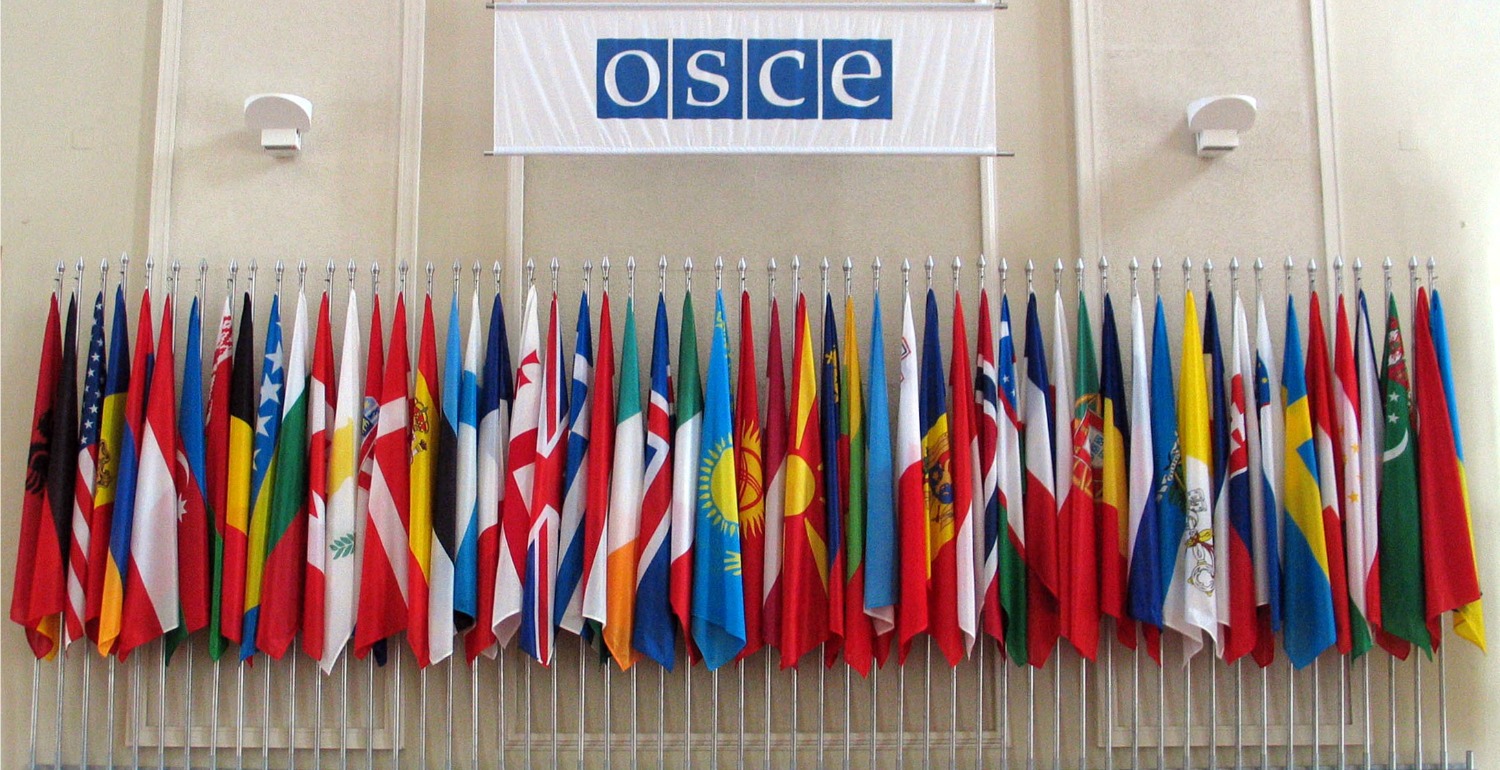Ronald J. McNamara , Deputy Chief of Staff at the Commission, held this briefing in advance of a series of meetings that took place a week later in Rome in conjunction with the OSCE Parliamentary Assembly. Since its inception, the OSCE has included a Mediterranean dimension – Algeria, Egypt, Israel, Jordan, Morocco, Tunisia are currently designated as Mediterranean Partners for Cooperation, a special status similar to that of observer status in other multilateral organizations. Lebanon, Libya, and Syria had status in the OSCE through the mid-1990s.
Joined by panellists Joe Stork, Karen Hanrahan, and Frank Smyth, McNamara highlighted the Mediterranean Partners’ disregard for the OSCE’s human dimension. The Panelist commented upon democracy and human rights violations within the members of the Mediteranean Partners, including media restrictions, freedoms of religion and speech, torture, trafficking, anti-Semitism, due process, and minority rights and torture.











